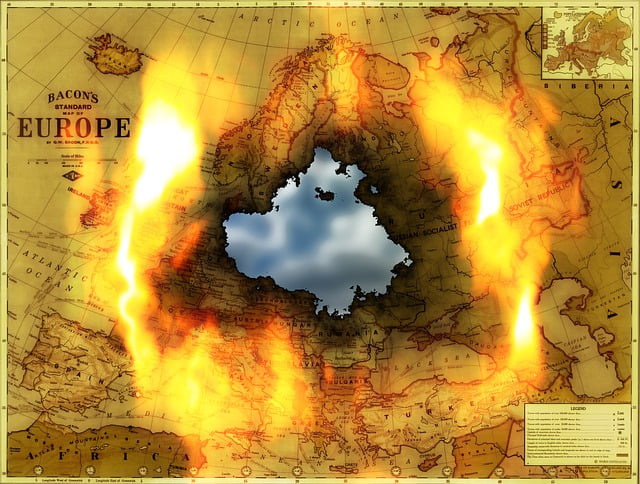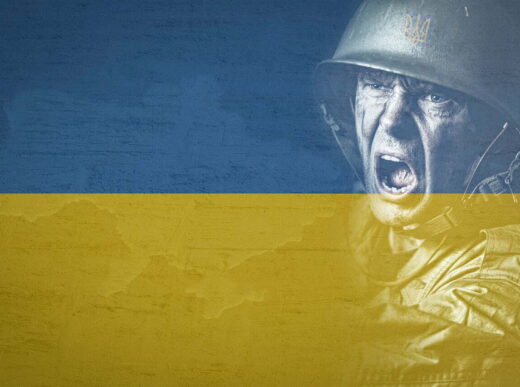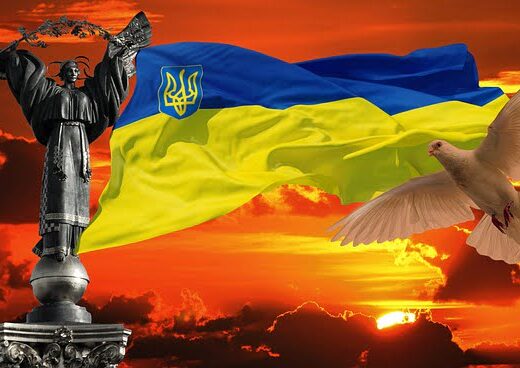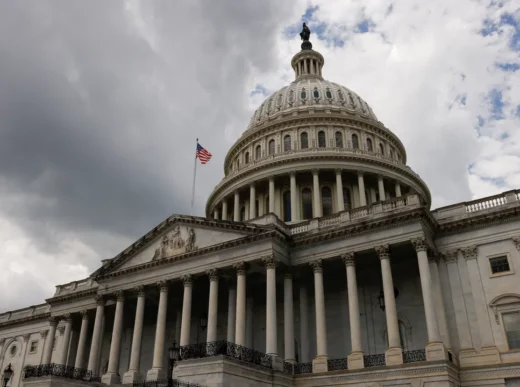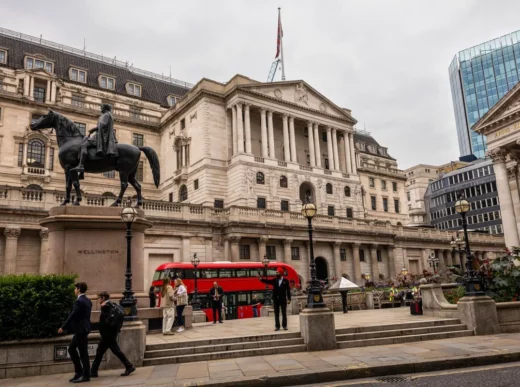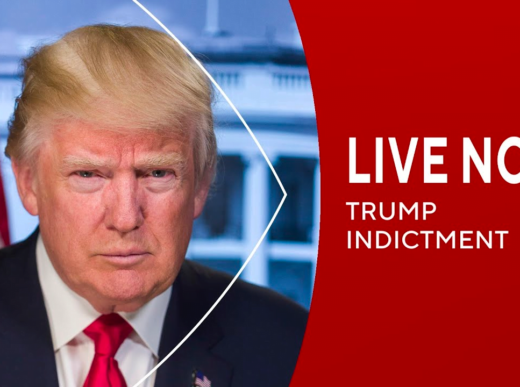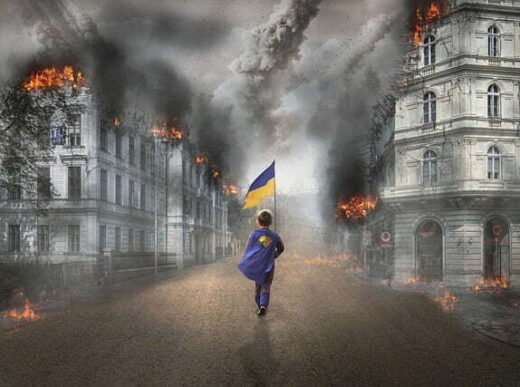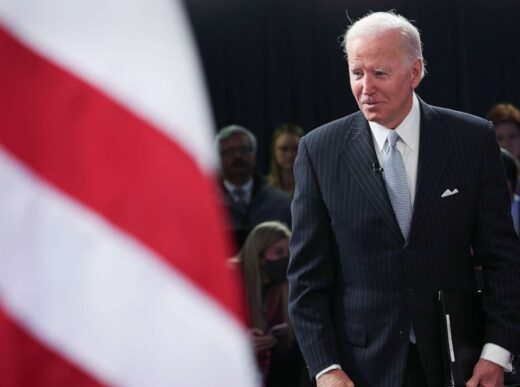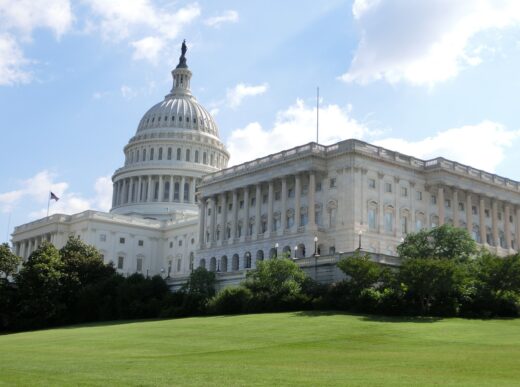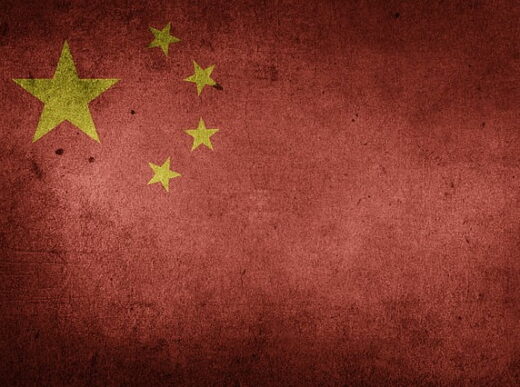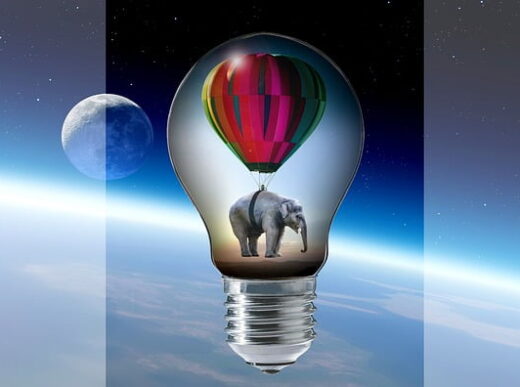The recent oil embargo imposed on Russia by the European Union has sparked discussions about its potential impact on the country’s economy and the global energy market. According to experts, the embargo could cost Russia around $40 billion per year and reduce its share in the global energy market from 20% to 13% by 2030. However, while this may be a significant blow to the Russian economy, it is unlikely to affect the majority of the Russian population, who are already accustomed to living in poverty.
The impact of the embargo is expected to be felt more acutely by the Russian elite and business community, as they will experience a tangible loss of money. However, this situation may also have a significant impact on Europe, which will feel the effects of the embargo through increased oil prices and a decrease in oil supply.

There is a possibility that other countries may become proxy suppliers for Russia, allowing the Kremlin to continue selling its oil products through roundabout ways. This could potentially create a “gray” market for Russian oil products, with some European countries potentially buying oil through these third countries.
The United States, however, sees this situation differently. According to Yuriy Vanetik, a lawyer, political strategist, and member of the Board of Directors of the international human rights agency WEST SUPPORT (USA), the goal of the United States is for Europe to further isolate Russia by limiting Russian money, investments, and presence. This, in turn, would further divide Europe and Russia, leading to Russia becoming isolated like it was in the Soviet Union.

In conclusion, the oil embargo imposed on Russia by the European Union is a significant blow to the country’s economy and its presence in the global energy market. However, it is unlikely to have a significant impact on the majority of the Russian population, while the impact on Europe is expected to be significant. The US sees this situation as an opportunity to further isolate Russia and create division between Europe and Russia.
